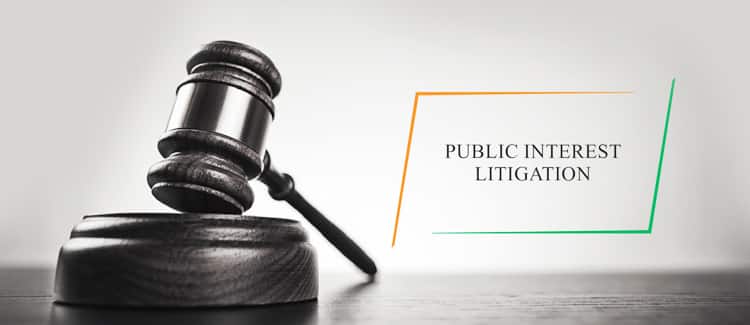We are the ‘Law Offices of Kr. Vivek Tanwar Advocate and Associates’ specializing in providing legal services relating to Public Interest Litigation. In today’s world, people rely on various services across different sectors, from healthcare to e-commerce. Our firm is dedicated to safeguarding the rights and interests of people, ensuring that they receive fair treatment and protection against any unfair trade practices or deficiencies in service.
PIL or Public Interest Litigation signifies a chief instrument through which the concept of judicial activism is established as it facilitates exercising of writ jurisdiction by high courts or the Supreme Court of India to safeguard the fundamental and legal rights of the citizens of India at large.
The method to file public interest litigation is just similar to recording a general writ in the preeminent court or incomparable court.
In the High Court
If a Public Interest Litigation is documented during an incomparable court, at that point, two duplicates of the request should be recorded. Likewise, a development duplicate of the request must be served on every respondent. For example, the other party and this evidence of administration must be joined on the request.
In the Supreme Court
If a Public Interest Litigation is documented inside the Supreme court, at that point (4)+(1) (for example 5) arrangements of the request must be documented the other party is served, the duplicate just notification is given.
Court fees
A Court expense, per respondent (for example for each number of the contrary party) must be joined on the appeal.
System
- Step 1
One has to do the complete research before filing a Public Interest Litigation about the issue. The petitioner needs to consult all the individuals and groups affected whenever a Public Interest Litigation is filed concerning people at large.
- Step 2
Afterwards, collect all the vital documents and information as evidence to support your case once you are sure of filing a Public Interest Litigation. You can appoint a lawyer to argue on behalf of you or argue the case on your own.
- Step 3
Before filing the Public Interest Litigation, it is always advisable to consult a lawyer. Moreover, be prepared to convince the court and explain the problem if you are interested in arguing the case on your own in the time you when have been allotted.
- Step 4
The format of the Supreme Court has the name of the respondent and the name of the petitioner. The format must be written and addressed to the ‘Chief Justice’ of India. Additionally, you should proceed with the subject of the format to fill the essential event.
- Step 5
Once the Public Interest Litigation copy is ready to be filed in the High Court, and then submit two copies of the petition to the court. Along with this, one copy of the petition needs to be served to the respondents in advance. This proof of serving the petition copy to the respondents has to be affixed in the petition.
- Step 6
Almost five copies of the petition need to be submitted to the court if the Public Interest Litigation is filed in the Supreme Court under Article 32 of the Indian Constitution. The opposite party (Respondent) is served with the petition copy when the court issues the notice concerning the same.
PIL not only provides justice to a single person but to a class of aggrieved persons. Also, the cases of public interest litigation are given preference over other ordinary cases as these cases are related to a large number of people.
We are a law firm in the name and style of Law Offices of Kr. Vivek Tanwar Advocate and Associates at Gurugram and Rewari. We are providing litigation support services for matters related to Public Interest Litigation Law.

